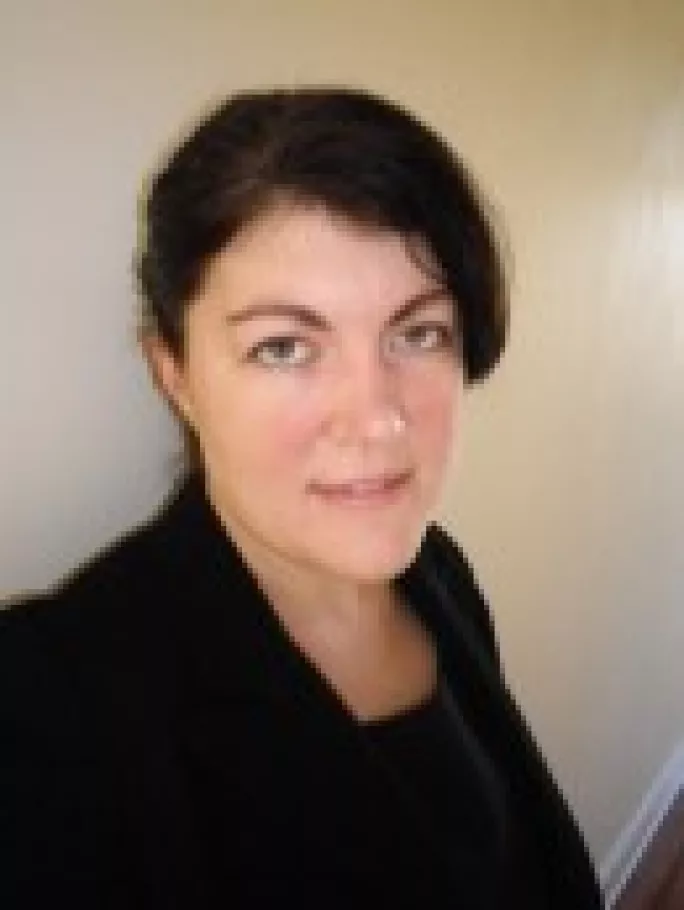‘The lesson from the East is that every child can be good at maths’
Dr Helen Drury, director of Mathematics Mastery at Ark Schools and a former head of mathematics, writes:
As the education minister Liz Truss prepares to visit Shanghai next week, the debate about how our school children can catch up with their counterparts in the Far East is taking hold. It is a stark reminder of that gap - and our own educational inequalities - that the children of cleaners in Shanghai outperform some of our most-able pupils.
The most pervasive myth in these discussions is that the success of countries like China, Singapore and South Korea is down to ambitious ‘tiger mothers’ pushing their children to spend endless hours on rote learning. Even if we wanted to, the argument goes, that kind of culture is impossible to replicate in our own country.
In fact, since the 1990s, many Asian systems have amended their approach to learning and revised their curricula, with the introduction of more student-centred learning, problem-solving and interdisciplinary teaching in order to address a perceived deficit in creativity and lateral thinking.
And we can indeed replicate the lessons of the East in our own classrooms. The ARK Schools network, which runs 27 high-performing academies in England, has developed an approach to teaching called Mathematics Mastery, which combines teaching ideas and bespoke training based on international best practice, including Shanghai and Singapore.
The first principle is that every child can succeed at maths - it is not just for geeks. That might seem like a truism, but how many parents would happily say to their children, “I’m no good at maths” in a way they would not dream of admitting to being illiterate? As Ms Truss argues, it is the “positive philosophy” that exists in Shanghai around maths, in contrast to our own “long-term anti-maths culture”.
Like building a pyramid, the Maths Mastery approach is to ensure children at primary school have the firm foundations in maths so they don’t struggle later on or have to repeat topics. That means studying fewer topics in more depth, particularly in the early years. It also means using a more hands on approach to maths - the use of number blocks, bead strings and dice. This enables pupils to better grasp the fundamental concepts of maths so they have a deep understanding, rather than a shallow memorisation.
Too many pupils learn something one week then forget it the next. Of course, our pupils still learn times tables, but learning maths is like learning a language - without the fundamental verbs you cannot succeed, and until you learn to apply the grammatical rules of maths, you will never be able to take on more advanced tasks such as trigonometry or algebra.
We’ve learnt to use language more effectively. That means teachers asking more probing and open questions, and pupils being expected to use full sentence answers. So instead of saying “42” in response to a teacher’s question, the pupil will say, “seven multiplied by six is equal to forty-two.”
Maths needs to be fun, too, especially for younger children. So in between more formal tasks, children will learn songs like “one, two, three, four, five, once I caught a fish alive.” This ensures no time is wasted in any lesson.
The approach is paying dividends. The Maths Mastery partnership extends to 100 schools now, the majority outside of the Ark network, and 97% of schools have continued into the second year of the programme as they have seen it is working for their students.
Ark’s St Alban’s Academy in Birmingham, which sent two of its teachers on a study tour to Singapore, was recently rated as the top school in the whole country for value added maths - a measure of how pupils who start behind succeed in their GCSE exams. Over 80 per cent of students achieved a grade A*-C in maths, up from 53 per cent when the school joined the Ark network.
Our negative perceptions about maths are tied up in our continued belief that success is a product of talent or luck, something that Malcolm Gladwell and Matthew Syed have demonstrated is based not on scientific evidence but cultural myths.
We expect our pupils to be able to think mathematically - to be able to spot the patterns and understand the rules, not just know the answer. We should demand that our politicians and policymakers think scientifically, learning the right lessons from abroad.
Just as there isn’t a talent gene, there isn’t a maths gene - as the Far East shows us, all children are born with the potential to be good at maths.
Keep reading for just £1 per month
You've reached your limit of free articles this month. Subscribe for £1 per month for three months and get:
- Unlimited access to all Tes magazine content
- Exclusive subscriber-only stories
- Award-winning email newsletters




